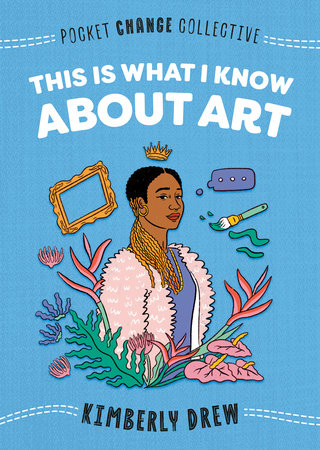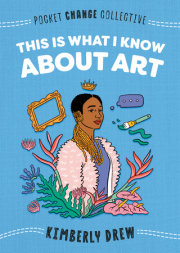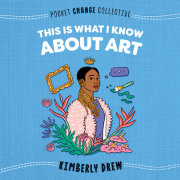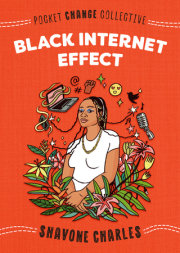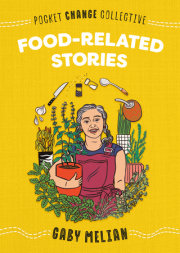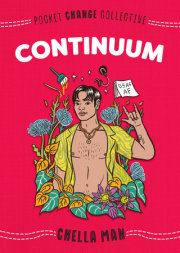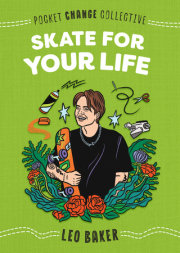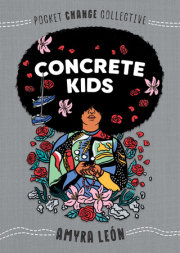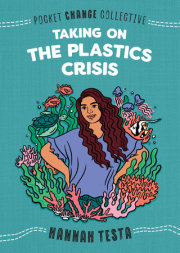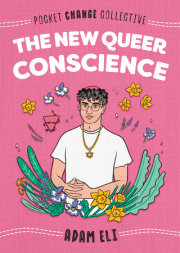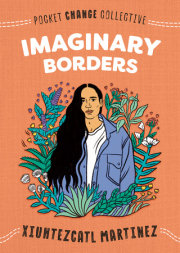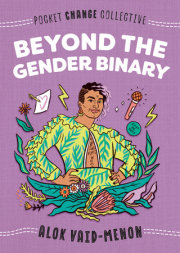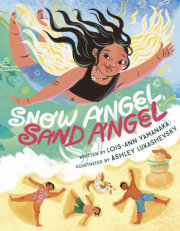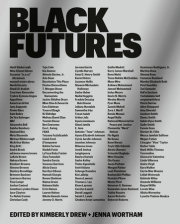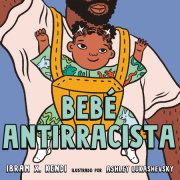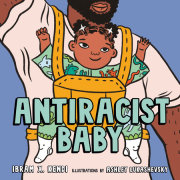Prologue Thank you for choosing this book. Whether you’re at the checkout of your favorite store, in transit, or you graciously accepted this book as a gift—I’m glad that you’ve opened it and are taking a chance on something new. Books can be intimidating. They might be fun to look at, but reading and digesting a text can be tough. Like change or progress, reading takes time. So whether you read straight through or pick this book up here or there, I’m excited to be in conversation with you.
In all honesty, I never thought that I’d write anything that would find an audience. For most of my life, I thought that the written word, especially books about art, could be written only by scholars and people with fancy doctoral degrees. The truth is: We all have the power to engage with and write about art.
I had ambitions to present a broad lesson on art history and protest, but as I began my research, that felt disingenuous. I revisited writings by art historians Lucy Lippard and Susan Cahan, among others, but I wanted to talk about my own journey with art. I’m not your typical art historian. I am not your typical activist. I am still learning what art and protest mean to me. And so, this book is more about my journey through art toward activism. This book is about discovery, confusion, and progress.
Simply, I want to share my stories with the hope that you may find your own journey and make the changes that you want to see in the world.
As I write this book, organizers are staging boycotts of museums and art programs worldwide. People are fighting for equal pay, demanding changes in leadership, and so much more. We are in the middle of a hot, fiery mess, and I don’t think anyone currently working in the field has the solutions to resolve any of these issues easily.
Art and protest will forever be bound together. And the beautiful thing about art, like activism, is that it allows us space to be curious and learn. Sharing art has helped me learn how to make my voice heard and ask better questions.
If being in the arts has taught me anything, it is that one of the wisest things anyone can say is “I don’t know.”
This book is about what I do know.
This Is What I Know About Art
My first art-related memory (as told by my mother) is from kindergarten. From a very young age, I have known “my lane.” When assigned art projects, I would trade my lunch for artwork made by my classmates who I knew had better art skills. Why make my own drawings when I knew someone who could do it better? I like to think of kindergarten as my first workshop in art activism: I refused my teacher’s expectations, turning instead to my immediate community of peers so that I would not have to perform labor I had no interest in performing.
This is not to say I did not love art or expression from a young age. Growing up, I loved visiting art spaces. I enjoyed the sense of calm in each gallery. My father’s two sisters instilled a love of fine art in me, and during family gatherings, visiting a museum would usually be on the itinerary. My mother’s brother DJ’d in the 1970s and 1980s, and my godmother went to the Boston Conservatory at Berklee. Art and self-expression were essential pillars in my childhood. But, even with early exposure to art and art spaces, I never would have dared to dream about working in the arts in the capacity that I do now. Art was always in the background, but it wasn’t until my sophomore year of college that working in the arts felt like a possibility for me.
Unlike my first year, my second year at Smith College didn’t start with excitement about classes or hanging out in the Campus Center; it started with a rigorous campaign at Smith’s Office of Student Financial Services. I was depressed, burned-out, and I felt like I was failing in every direction. I’d had my heart broken for the first time that summer by my first girlfriend, and my grades were terrible. I had been working so hard to be admitted to an elite college, but in my first year I felt like I was wasting my opportunity. I’d spent my high school years at an elite boarding school feeling like the beneficiary of affirmative action, and while I knew I had potential, my grades were lackluster and an unwelcome reminder of my insecurities.
On top of my heartbreak, my grandfather passed away my first year of college, and while we were never close, his death had a tremendous impact on my financial aid package. My immediate family did not inherit any money, but the federal government thought otherwise. This nightmare, one experienced by so many families trying to pay for college, only worsened when I couldn’t enroll in classes for the fall semester due to financial holds on my account. I took on the maximum number of work-study hours and petitioned for a private loan to support myself.
It was a privilege to have been admitted to Smith, but it was a struggle to maintain my dignity when I trudged uphill from the quad toward that financial services office every morning to plead my case for additional funding.
My education came at a high price—an emotional one and a monetary one.
That December, my academic adviser, Kevin E. Quashie, recommended that I apply for a summer internship at the Studio Museum in Harlem, a museum dedicated to showing art by people of the African diaspora, or the Schomburg Center for Research in Black Culture at the New York Public Library. Up until that point, I’d pinballed among several possible majors, studying mathematics, chemistry, engineering, and architecture (even though I hate to draw). I thought I
needed to be a doctor or engineer after graduating from school. I was smart and I knew I needed to turn that intelligence into revenue, but the only classes I enjoyed were in the African American Studies department. For so many young people of color, we feel like we don’t have the luxury of exploring the liberal arts—society tells us that we have to take coursework to become high earners to make valuable contributions to the world.
I can’t remember if I applied to both the Studio Museum and the Schomburg, but I know that I confidently applied to the Studio Museum because its internship was paid. It’s absurd to think about how a $1,600 stipend changed the course of my life. It’s absurd to think about how many internships are
still unpaid, and how elitist and morally corrupt it is to hire unpaid or underpaid labor.
When I was accepted to the program, I was shocked. I had only taken one art history class (a survey of Asian art), but I was thrilled by the opportunity to see how the discipline was practiced in the real world.
(We talk about “impostor syndrome,” or the feeling that you don’t belong somewhere. Then and now, I dismiss feelings of impostor syndrome. How can there be one diagnosis for an anxiety that feels so tailored to who you are as a person?)
Copyright © 2020 by Kimberly Drew; Illustrated by Ashley Lukashevsky. All rights reserved. No part of this excerpt may be reproduced or reprinted without permission in writing from the publisher.

